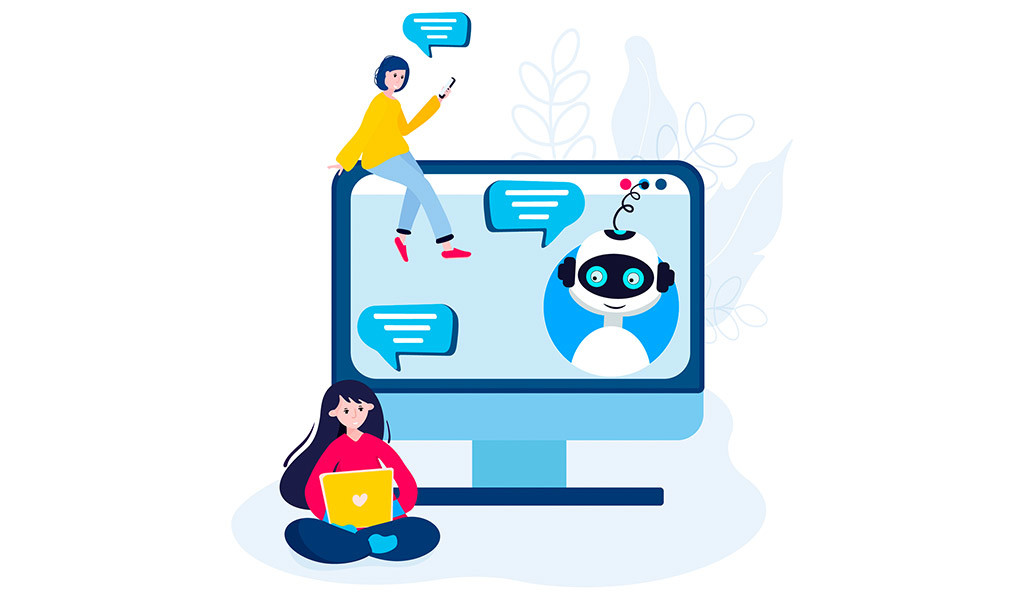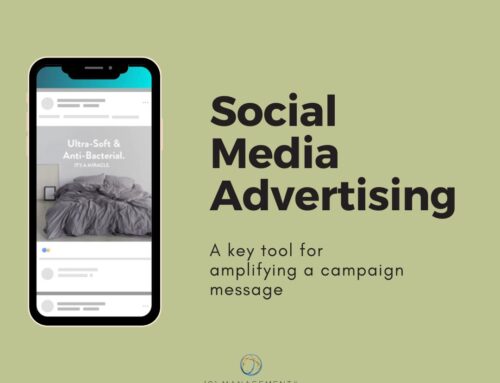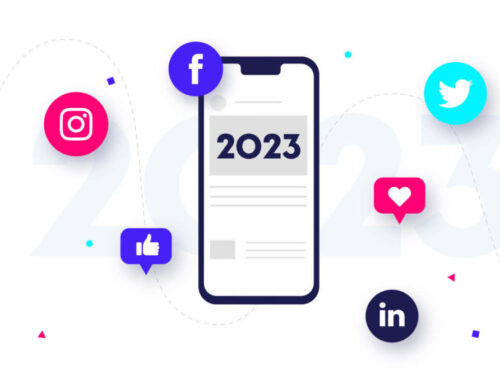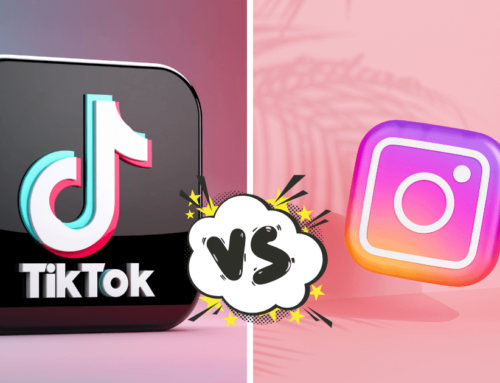If you could quit sleeping entirely, no doubt there still wouldn’t be enough time to offer your customers the individual attention they desire.
Fortunately, we live in a technological society, so there’s an automated solution to your problem: chatbots.
What are chatbots?
Chatbots are sophisticated computer programs that can simulate human conversations using artificial intelligence (AI) technology.
Usually found as a pop-up on websites, through text messaging, or on social media messaging platforms, they provide customers with an alternative to having to wait on hold to talk with a live person. The customer types in a question, then the program sorts through its list of canned answers and responds in a matter of moments.
They can be programmed to have a cute, clever, or even funny personality, or to provide just the facts, depending on your type of business and the type of brand image you want to project. Most important, they can incorporate data and purchasing patterns you have on each customer to offer personalized responses, almost as if they were chatting with a real human who knows them and their history with your business.
Most big businesses these days have chatbots, either on one or more of their social media sites or on their websites. That’s because they save businesses money on customer service support staff, are available 24/7, and have been proven to increase customer engagement.
“We’re trying to serve the customer in a more conversational way,” Matthew Sueoka, VP of digital partnerships and development at American Express, told Adweek in explaining the firm’s extensive use of chatbots.
But they’re even more important for smaller businesses, few of which can afford to hire a customer support team. As we’ll discuss below, they’re helpful for sales and marketing and demonstrate a great return on investment.
Will they annoy customers?
If you’re afraid your customers will be turned off by the impersonality of a chatbot, don’t worry. Many people, especially the younger 18-35 demographic, have been living with such technological innovations most of their lives, and statistics show they appreciate the opportunity to interface with chatbots.
For example, according to various surveys:
- 48 percent of consumers would rather connect with a company via live chat than any other means of contact.
- 35 percent of consumers want to see more companies using chatbots.
- 40 percent of consumers do not care whether a chatbot or a real human helps them, as long as they are getting the help they need.
- 21 percent of consumers see chatbots as the easiest way to contact a business.
- 27 percent of consumers predict they would buy a basic item through a chatbot.
Advantages for business
So what are the different ways a chatbot can help grow your business?
Sales, of course, is the most obvious area where chatbots can be useful. If the customer has just one question that’s preventing them from making a purchase, the chatbot can quickly handle it, thus increasing conversions.
They have also been used to help lead the customer step-by-step through the buying process to close the sale, reduce bounce rate, and lower the rate of shopping cart abandonment.
Marketing is the other main area where businesses employ chatbots. The chatbot can ask the customer questions to help narrow down what they’re searching for, and direct them to the product or service they’re most likely to buy.
They can also utilize the results of that conversation along with the customer’s history to suggest other possible purchases the customer might be interested in, as well as offer discounts, coupons, free shipping, and other enticements to buy.
Tailor to your business
Because there are so many types of chatbots available in this emerging technology, it’s important that you find the right bot for your business. You’ll also need to decide which channels you’ll use for the highest return on your investment.
But even with all these decisions, chatbots are a useful tool you shouldn’t overlook to help better connect with your customers.
“People have higher expectations these days,” Natasha Takahashi, chatbot expert and co-founder of School of Bots, told Forbes.
“Thus, more businesses are using this emerging technology because consumers want real-time interaction with customer support. Chatbots give companies the ability to be extremely responsive,” she added.
Our advertising and marketing experts can help you decide if a chatbot could help boost your business. Contact us for more information.










Leave A Comment